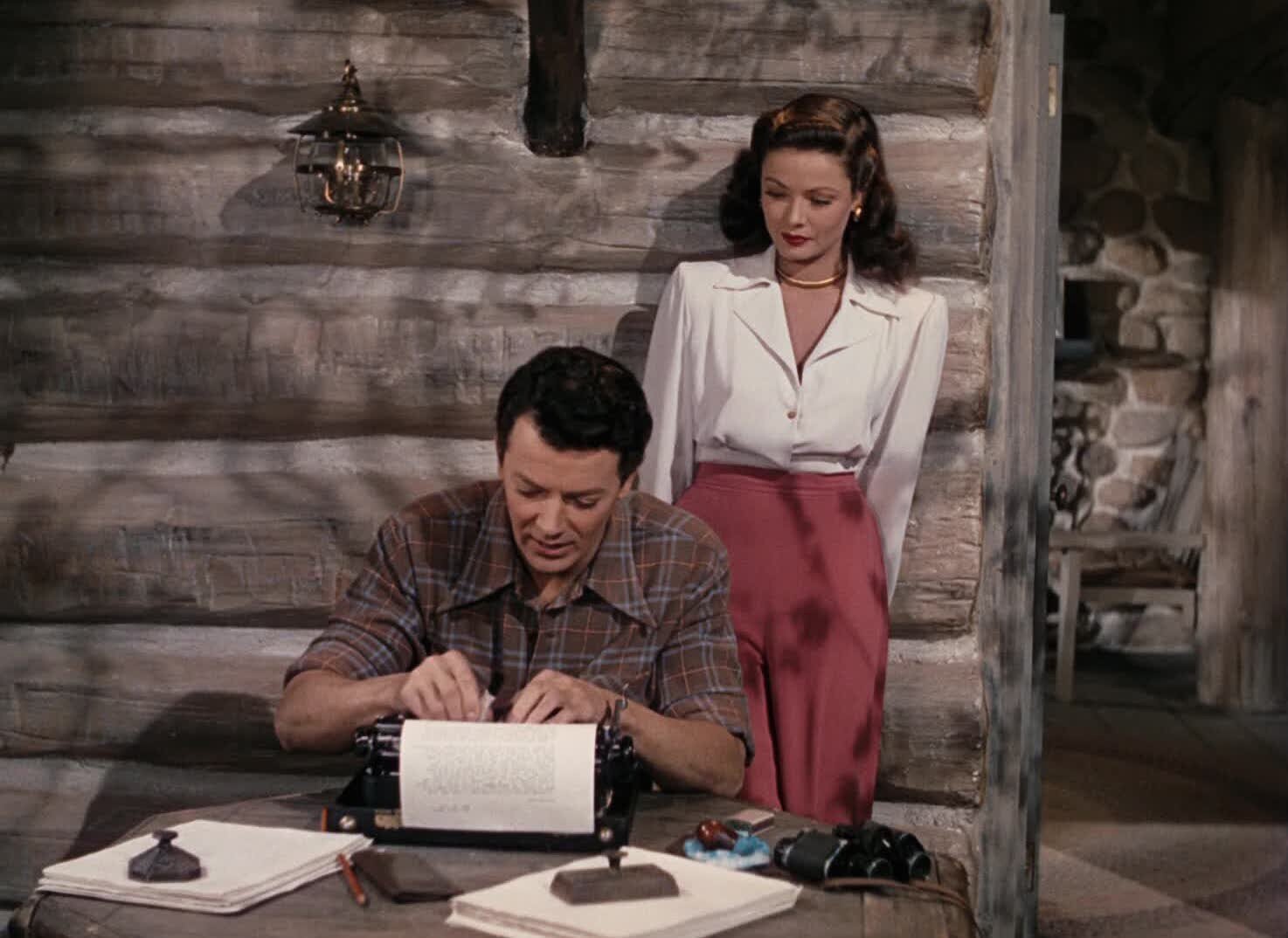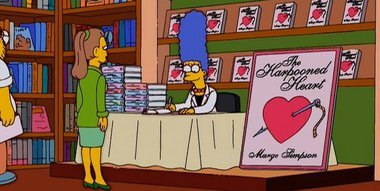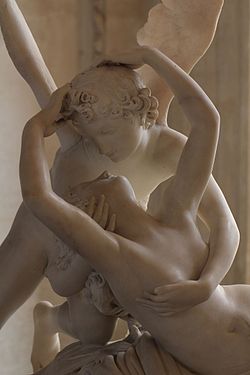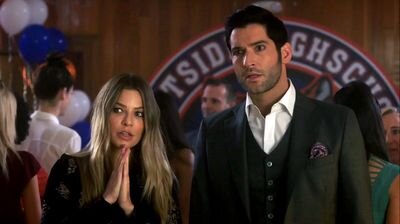I’m not going to go into all of this 1948 family drama, because not all of it is about writing. It is based on a real writer though. Kathyrn Forbes wrote the series of short stories about her mother and their Norwegian -American family in turn-of-the-century San Fransisco. The movie is a further fictionalized version of these stories.
The movie opens with the narrator, eldest daughter Katrin (Barbara Bel Geddes), finishing typing her first novel on a 1910s typewriter. She then sits down an immediately and starts editing with a pencil. Editing directly after writing! I wish I had that kind of discipline!!!
Besides dramatic Katrin, the immediate family includes Mama (Irene Dunn in an Oscar nominated performance), Papa, and three other children (kind Nels, stubborn Christine, and animal loving Dagmar). The patriarch of the whole clan is Mama’s loud and alcoholic Uncle Chris (Oscar Homolka) who is the only person that can put Mama’s three silly sisters in their place.
The movie focuses on the many trials of an immigrant family attempting to financially and culturally survive in a big city. Everyone works odd jobs, but Mama and Papa also has a great deal of focus on making sure their children are well educated. Katrin tells of how one lodger the family had, Mr. Hyde, would read to them every night from great works of literature and it made her want to be a writer. She tried writing an honest story about Uncle Chris, but her teacher scolds her about writing a rude story. Still, these books are what inspire her to want to write, even after Mr. Hyde abandons the house without paying his rent leaving the book collection as the only compensation he has to give.
If I was Katrin, I would have written about Uncle Chris too. He is very much larger than life and yet a very realistic character. While all the children are afraid of him, he’s actually one of the nicest people in the family. He also breaks with tradition and does good for the sake of doing good not for praise. Beyond Chris, Mama is the only logical and open minded member of the clan. When the rest of the aunts want to snub “the woman”, Uncle Chris’s live-in housekeeper, Mama is the one who is still kind to this unmarried lady.
Most stories are about how the actions of the adults around her, especially Mama, effect Katrin as she grows up. Her mantra is, “If I’m going to be a writer then I have to experience everything.” My favorite is when everyone thinks little Dagmar’s beloved cat is going to die from a brawl and the girl begs her mama to make him better. Spoiler alert: Mama and Papa gives the cat chloroform to put him down peacefully, but accidentally don’t use enough. Instead, the cat gets enough rest that he heals and Dagmar grows up believing that Mama can fix anything. I’m not crying! You’re crying!
Alright, let’s get to the parts about Katrin wanting to be writer. At first, she is convinced that someday she will be rich and famous. But as she gets older and her first attempts at selling her work go as they usually do for first time authors, Katrin loses confidence. She tells her mother that writing isn’t like following a recipe - you have to have a gift. Mama responds that you have to have a talent for cooking too and that’s what she uses to get her daughter some good advice. When a celebrity writer arrives in San Francisco and Mama finds out that she’s also a celebrated chef, she makes a trade with the woman - allow the woman to have her recipe for Norwegian meatballs in exchange for the lady reading some of Katrin’s stories. The famed authoress sends usual words of wisdom “write what you know.” She also says that Katrin has the gift of writing and will be a good writer someday even encouraging her to send her first “good story” to the authoress’s agent. That’s a huge deal for a published author to do!
Mama, of course, tells Katrin to write about Papa as her first topic so naturally, Katrin writes her first story about Mama. It’s published and she gets her first paycheck. In reality, Kathryn Forbes wrote for the radio and did not sell her stories until much later in life, but it’s a nice ending.





































